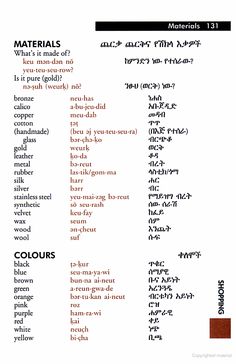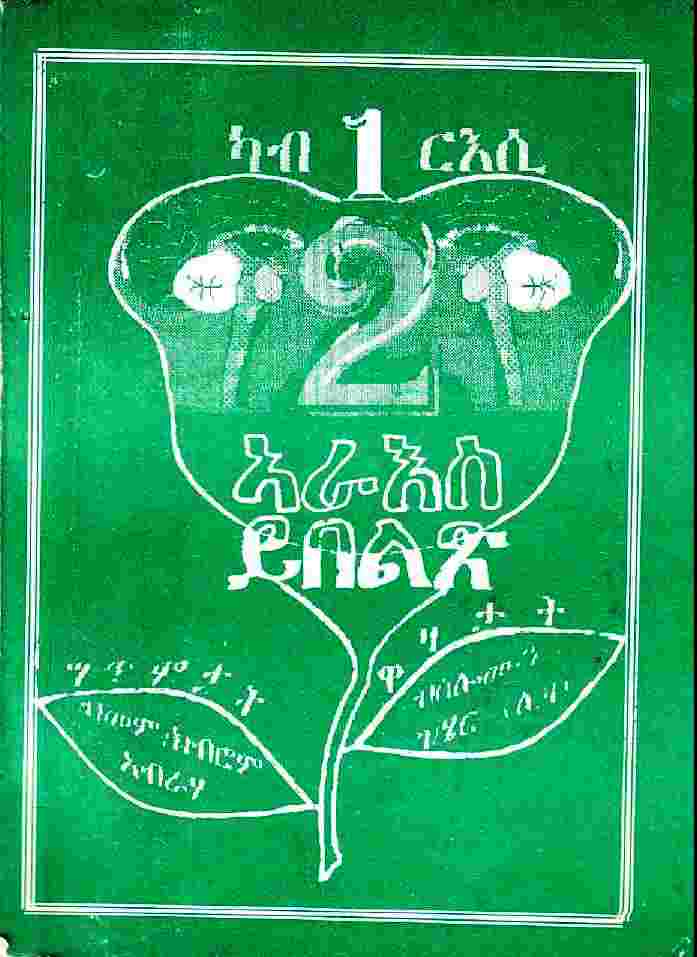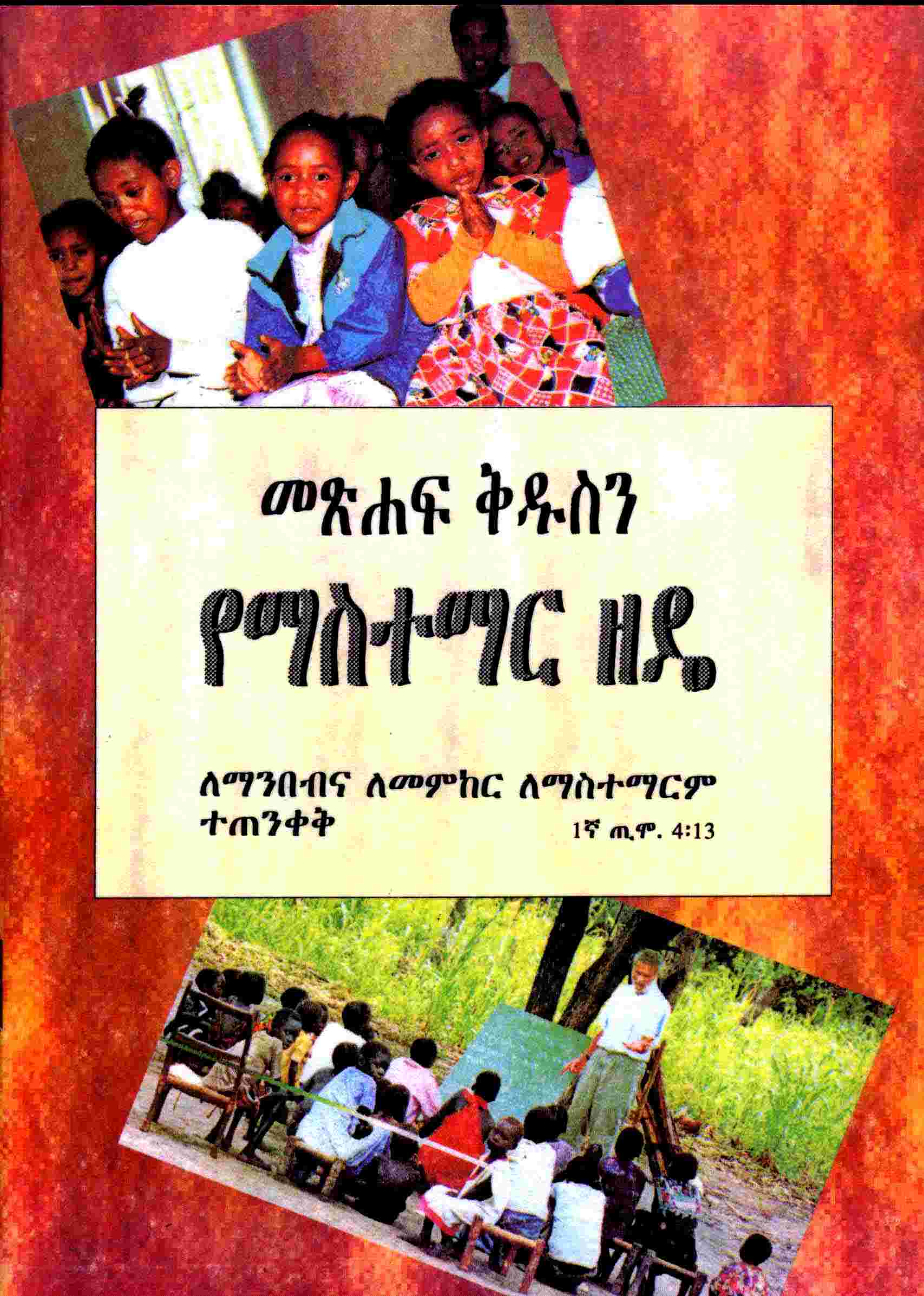
One possible reason for Jewish rejection of the book might be the textual nature of several early sections of the book that make use of material from the Torah for example, 1 En 1 is a midrash of Deuteronomy 33. Main article: Reception of the book of Enoch before modern times Judaism Īlthough evidently widely known during the development of the Hebrew Bible canon, 1 Enoch was excluded from both the formal canon of the Tanakh and the typical canon of the Septuagint and therefore, also from the writings known today as the Deuterocanon. Most scholars believe that these five sections were originally independent works (with different dates of composition), themselves a product of much editorial arrangement, and were only later redacted into what is now called 1 Enoch.


It is today wholly extant only in the Ethiopian Ge'ez language. While the Ethiopian Orthodox Tewahedo Church and Eritrean Orthodox Tewahedo Church consider the Book of Enoch as canonical, other Christian groups regard it as non-canonical or non-inspired, but may accept it as having some historical or theological interest. It is not part of the biblical canon used by Jews, apart from Beta Israel ( Ethiopian Jews). Several copies of the earlier sections of 1 Enoch were preserved among the Dead Sea Scrolls.

A short section of 1 Enoch (1:9) is cited in the New Testament Epistle of Jude, Jude 1:14–15, and is attributed there to "Enoch the Seventh from Adam" (1 Enoch 60:8), although this section of 1 Enoch is a midrash on Deuteronomy 33:2. Authors of the New Testament were also familiar with some content of the story. This book was also quoted by some 1st and 2nd century authors as in the Testaments of the Twelve Patriarchs. Various Aramaic fragments found in the Dead Sea Scrolls, as well as Koine Greek and Latin fragments, are proof that the Book of Enoch was known by Jews and early Near Eastern Christians. The older sections I Enoch (mainly in the Book of the Watchers) of the text are estimated to date from about 300–200 BC, and the latest part (Book of Parables) probably to 100 BC. Three books are traditionally attributed to Enoch, including the distinct works 2 Enoch and 3 Enoch, although none of the three books are considered canonical scripture by the majority of Jewish or Christian bodies. Enoch contains unique material on the origins of demons and Nephilim, why some angels fell from heaven, an explanation of why the Genesis flood was morally necessary, and prophetic exposition of the thousand-year reign of the Messiah.

The Book of Enoch (also 1 Enoch Ge'ez: መጽሐፈ ሄኖክ, maṣḥafa hēnok) is an ancient Hebrew apocalyptic religious text, ascribed by tradition to Enoch, the great-grandfather of Noah.


 0 kommentar(er)
0 kommentar(er)
